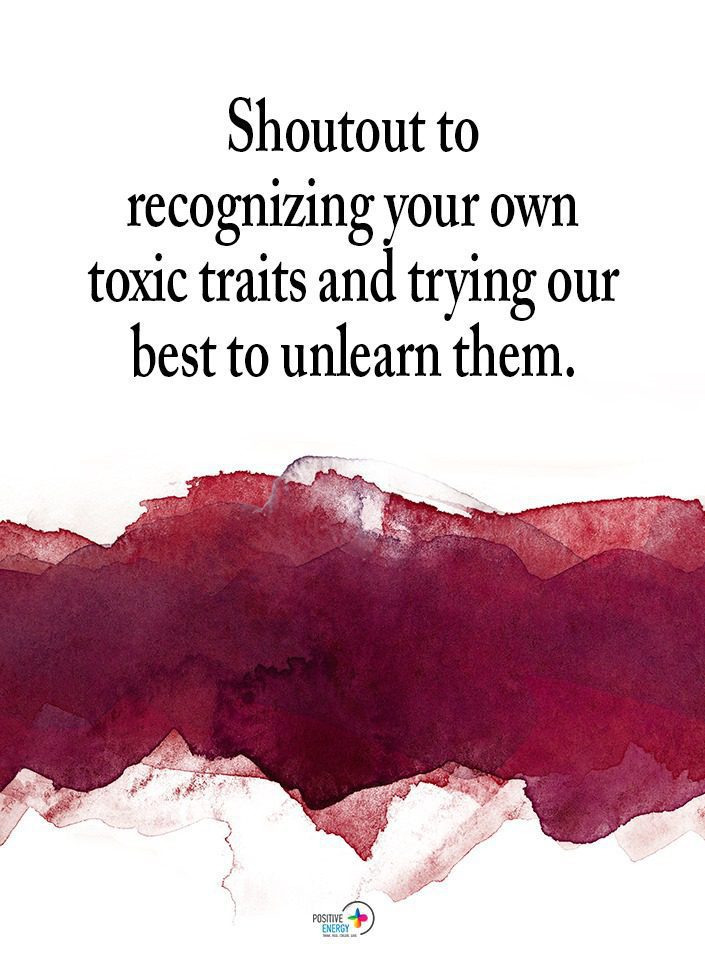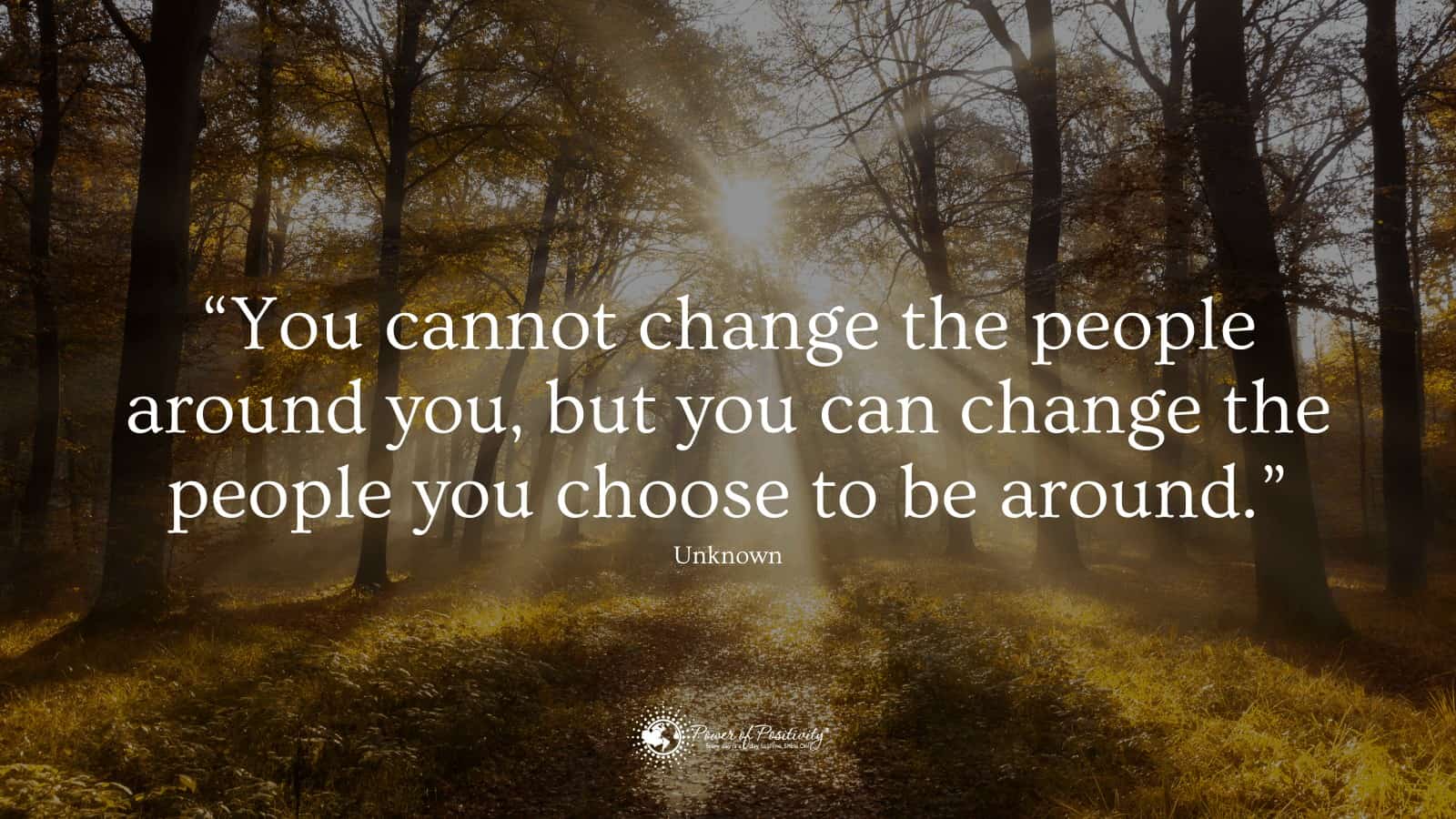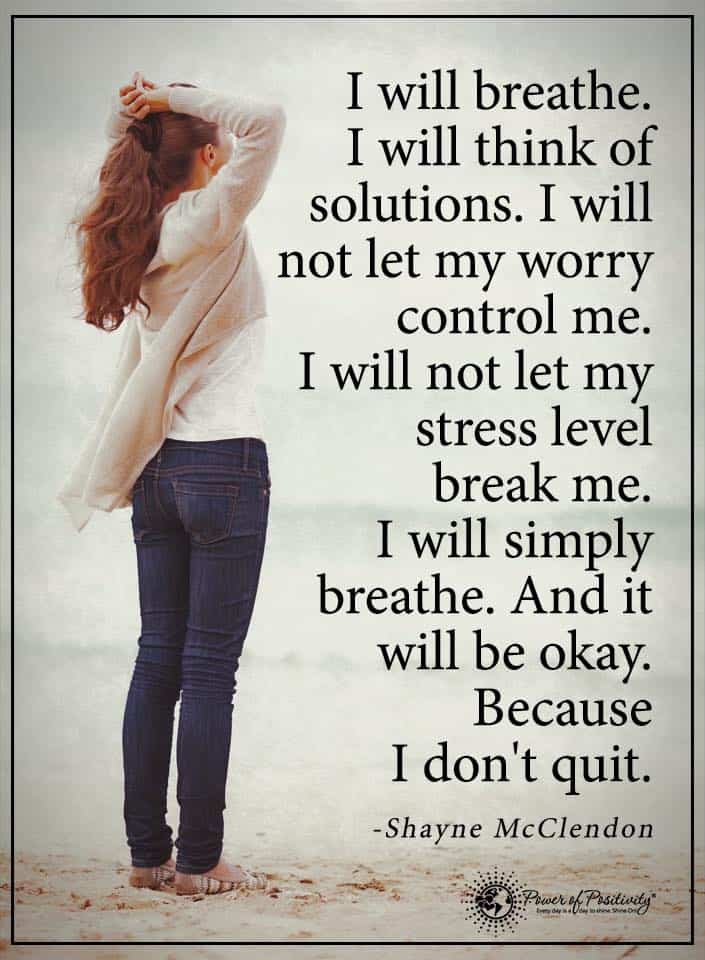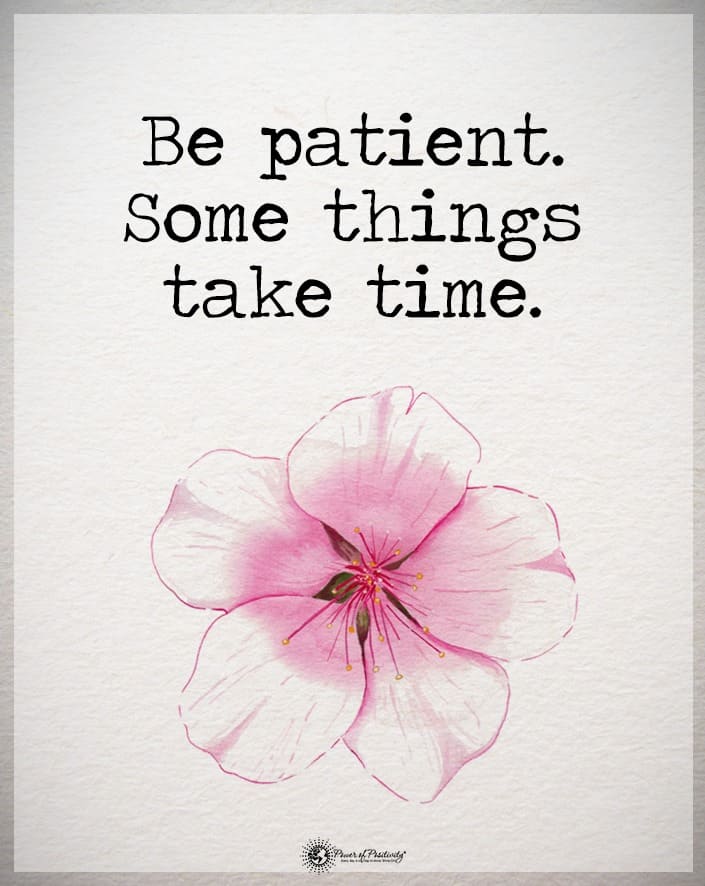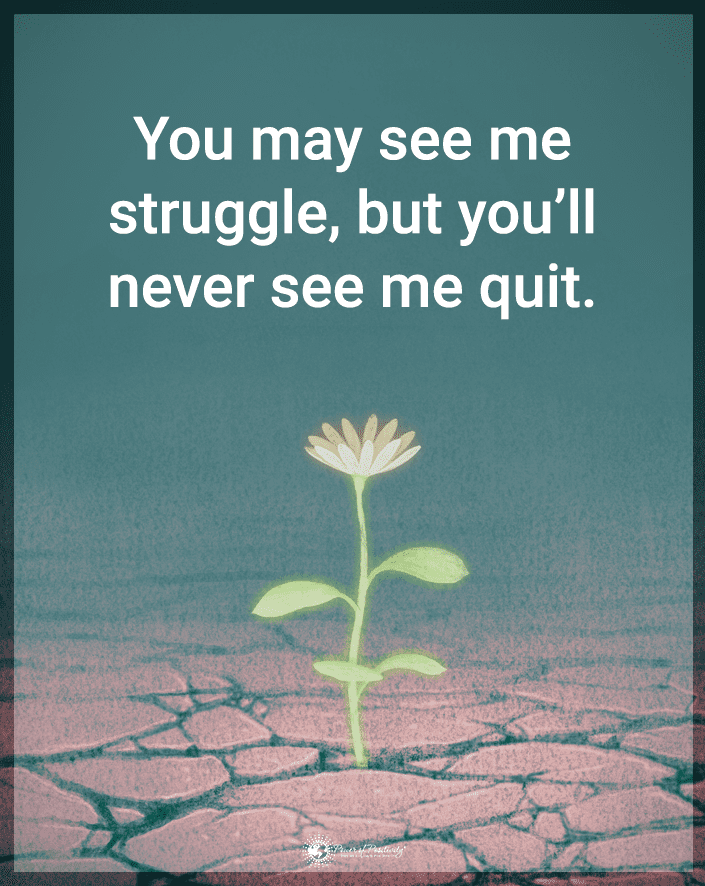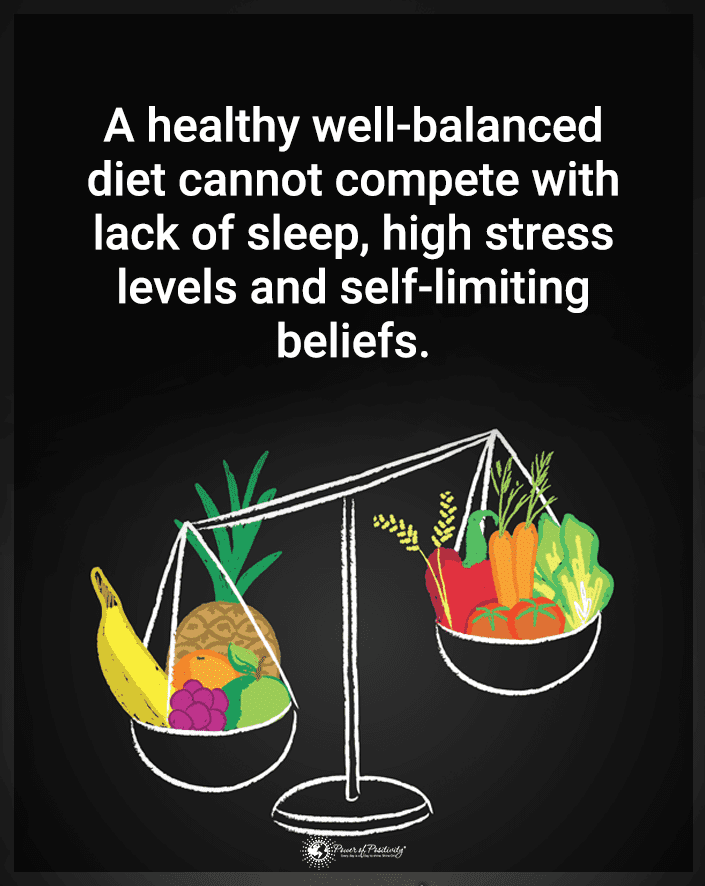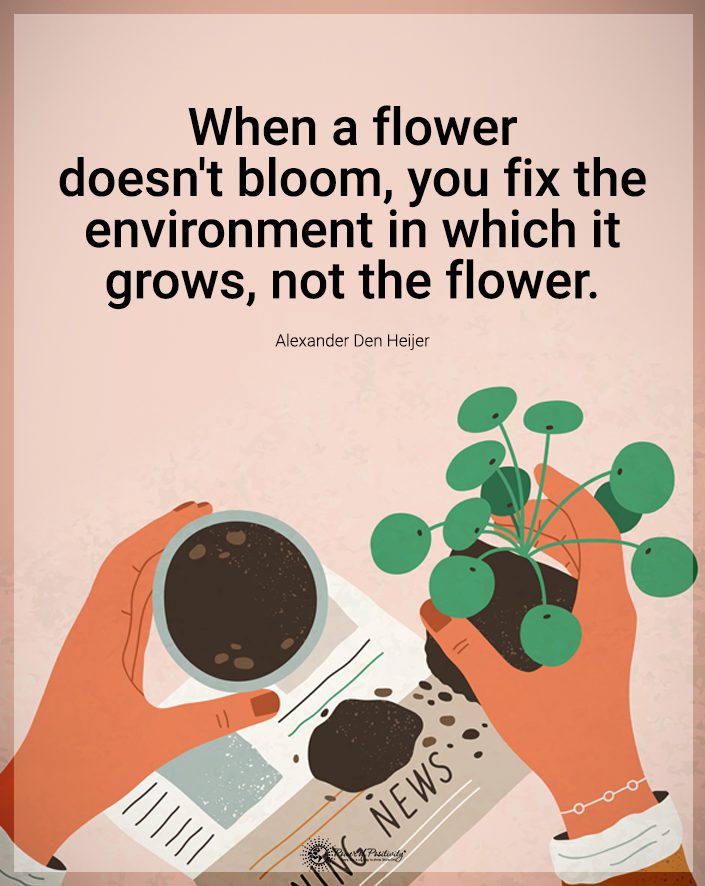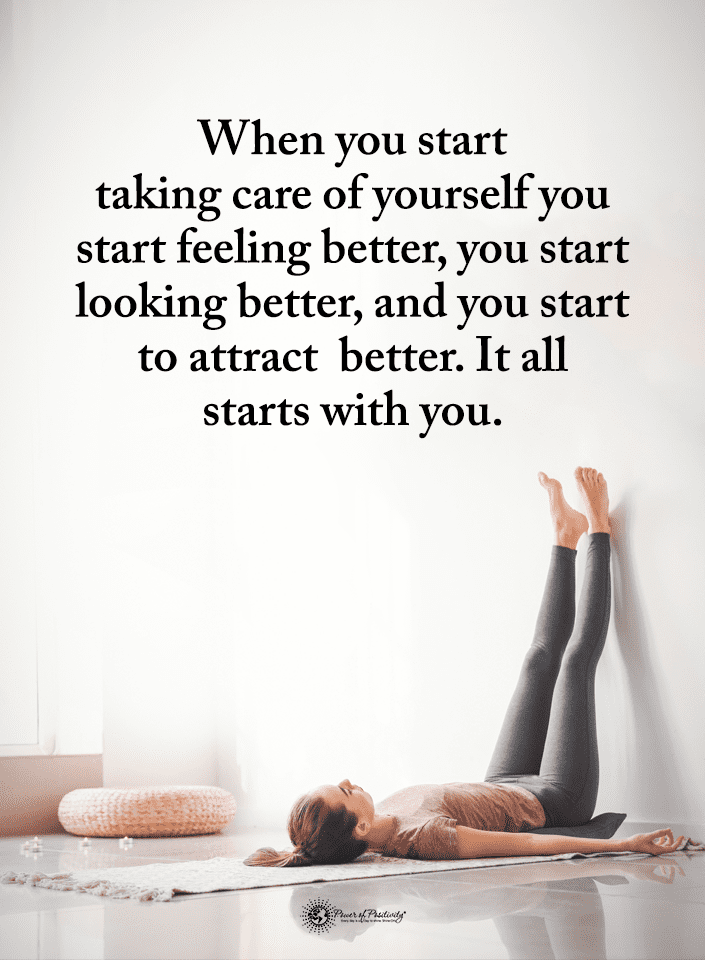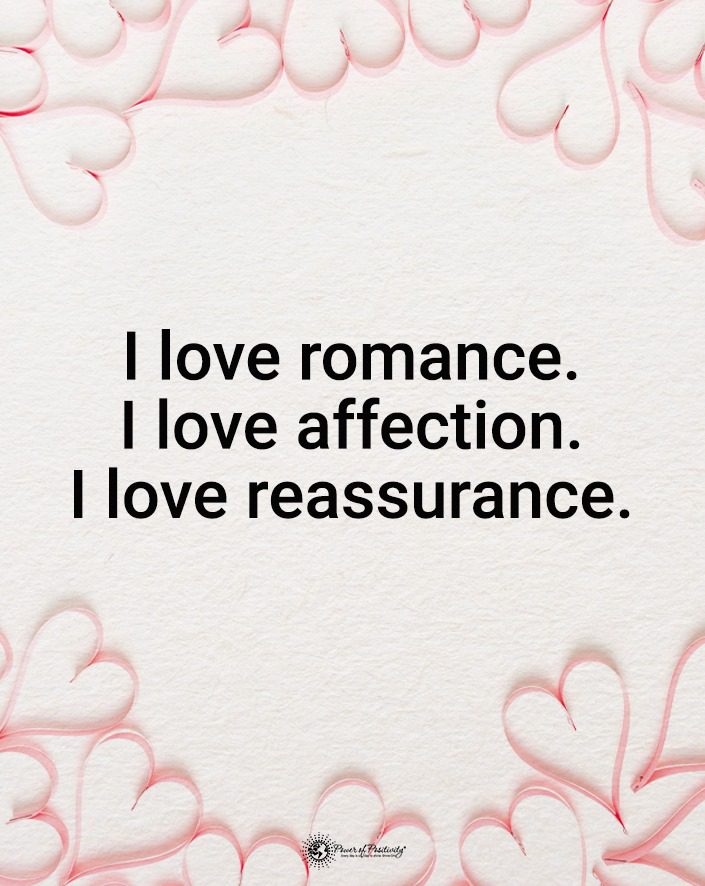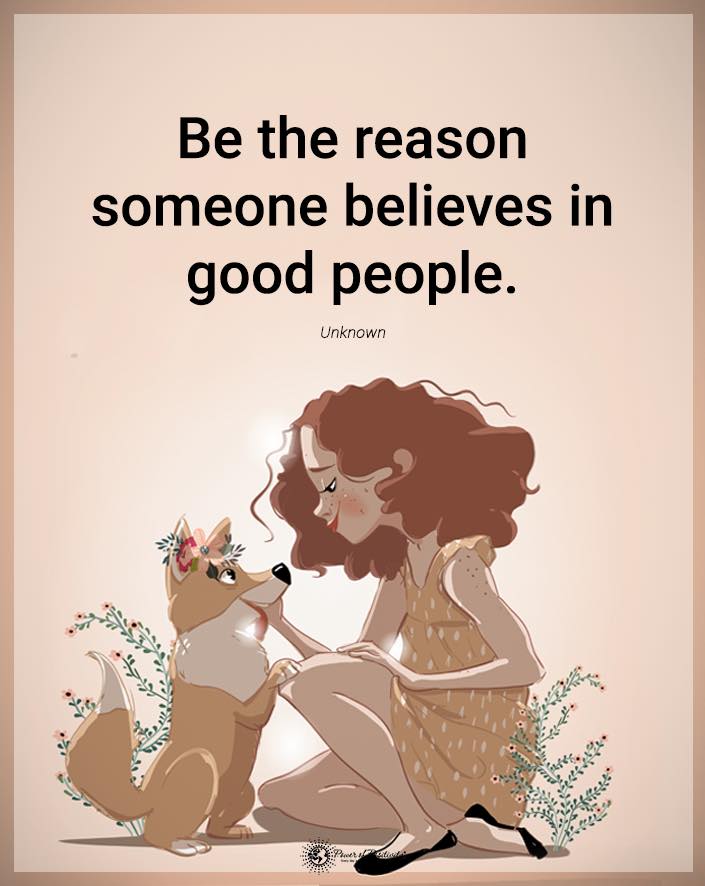Your personality is complex and you are clearly more than just your favorite color, but your preference may reveal more about you than you might guess that it would. Color is used in psychological personality tests, for example the Rorschach inkblot test and the Color Pyramid Test.
What Does Your Favorite Color Say About Your Personality?
‘Buddy the Elf, What’s your favorite color?’ – Buddy the Elf
Color vision allows us to perceive a world of diversity and a wide range of colors, the enormous variety of which we cannot possibly cover in this article. However, these are the main colors that people choose when asked what their favorite color is and we will look at what each one says about your unique personality.
Color can be used to stimulate responses in people because it seems to have a biological connection for us in how we find food, water, and a healthy mate. It also has an aesthetic appeal for people in that they tend to prefer certain colors or combinations. It can also have symbolic value for us in that it can represent something that is not visible. For example in artwork, color can evoke emotions. Le’ts look at what your favorite color says about your personality.
Blue
Blue is the shade of water, so we are all naturally attracted to it due to our need for water to survive. For people who chose this, their personality tends to be calm, deep, pleasant, comfortable to be around, and serene.
Green
Green is the color of most of the food that we can consume on this planet, so it is the color of life. People who like green are secure, calm, comfortable, peaceful, and youthful. Pleasant and arousing, green is commonly the second most preferred after blue. Researchers studying emotional perceptions with regard to the color found that ‘women were more sensitive to brightness and saturation than men; that is, they exhibited more extreme emotional reactions to varying levels of color brightness and saturation.’
Red
Red is one of the boldest choices you can make. So if red is your favorite color, you are probably an outgoing, sensual person. Many people associate this color with sex, probably due to the flush of pink or red that our bodies get after physical exertion. People who like red are powerful, defiant, strong, and assertive bordering on aggressive in their behavior.
Black
Kids know that if you mix all paints together, you get black. So people who like black may actually like all of them. Either that or they like the absence of any visible color. Usually the personality we associate with having black as a favorite color is a dark one; goth, punk, rocker, metal, or any counter-culture group. People who like black are strong, old souls, powerful, defiant, antagonistic, masterful, intense, and often anxious.
Orange
Orange is a less common favorite, so it says that you are a personality who likes to be distinctive. This is an energetic one, so it can say that you are an active person who is physically healthy, most likely outgoing and outspoken. Orange people are happy, exciting, and stimulating.
Purple
People who prefer purple as their favorite are dignified and regal in how they carry themselves and in their actions, however, they also tend to be melancholic or unhappy. Anxiety and internalized emotional states also associate with purple.
Pink
A review of color and personality done by West Virginia University looked at the color pyramid test to show personality traits based on how subjects arrange colored chips on top of a 15 block pyramid shape. They are instructed to first make the pyramid as beautiful as possible and then to do a second arrangement of colors to make the pyramid look as ugly as possible. The researchers say that this test is very objective because subjects cannot falsify their preference for colors.
Related article: What Does Your Birthstone Reveal About Your Personality?
Pink is the one color listed here that is not used in the pyramid test, but those who prefer pink tend to be gentle, cautious but energetic, youthful in their behavior and attitudes, and physically active.
Yellow
Yellow is one of the most vibrant of the crayon box and if this is your favorite, you are not a shy person. Cheerful, jovial, joyful, exciting, outgoing, friendly, and active are all personality traits associated with having yellow as a favorite color.
Brown
If your favorite is brown, it says that your personality is very down to earth, rooted in stability and nature. You are secure and comfortable in life, and feel emotionally full. You are rarely depressed, but you can withdraw as if hibernating when upset.
Grey
The West Virginia University study says that there is strong evidence from Rorschach studies for reduced use of color by depressed individuals because the depressed patient is uninterested in the external environment. If grey is your favorite, you may tend to be melancholic in your emotional state. Other personality traits associated with grey are solemn, anxious, uncertain, withdrawn, vague, and having internalized emotions.
Related article: What Does Your Personality Color Reveal About You?
White
Contrary to popular belief, white is not the absence of color, but all of the light combined is what we see as white light. You are likely a lighthearted person who is seeking connection to other people. Other personality traits associated with white are tenderness, having a soothing personality, purity, formality, and being inspired and spiritual.


